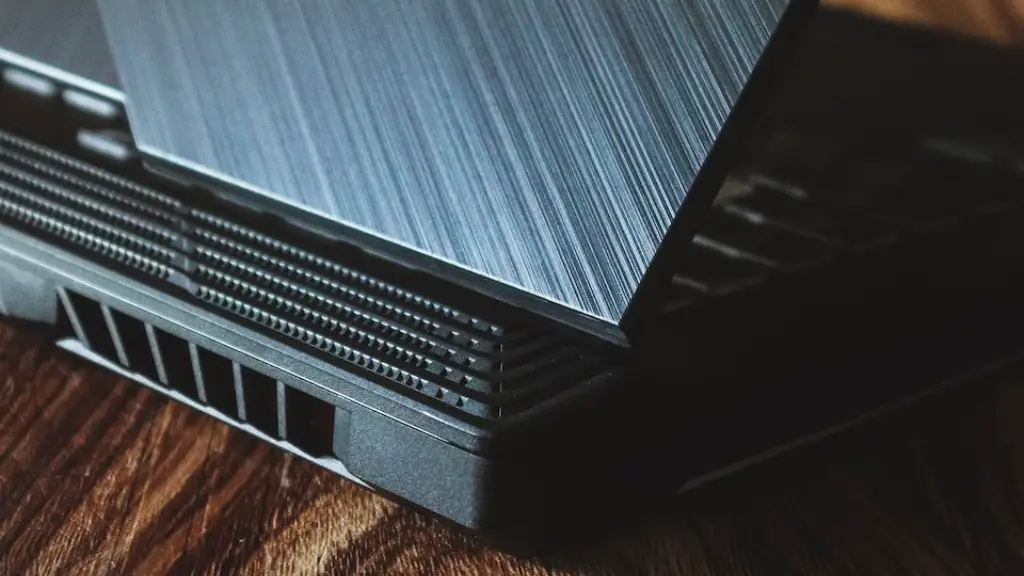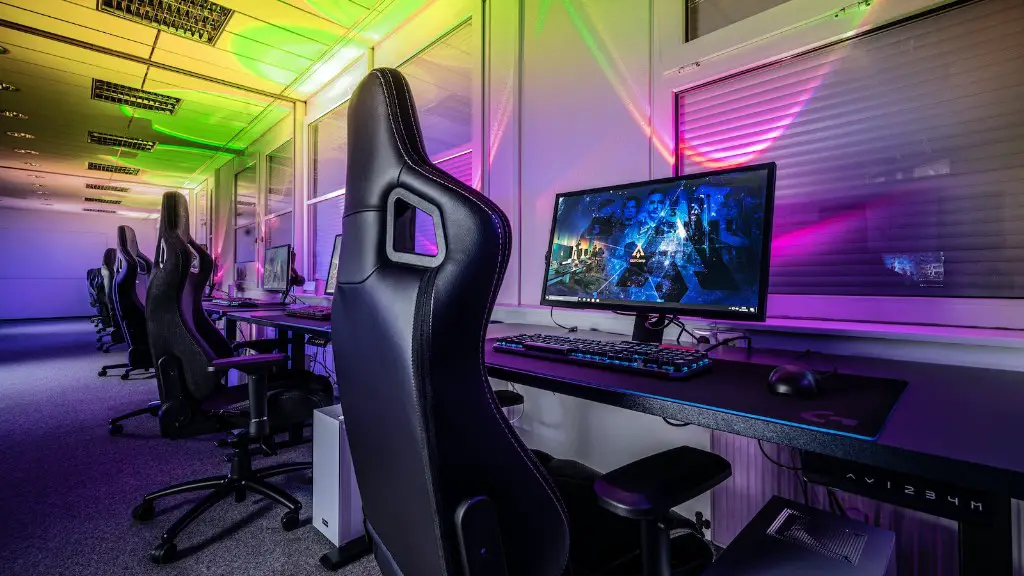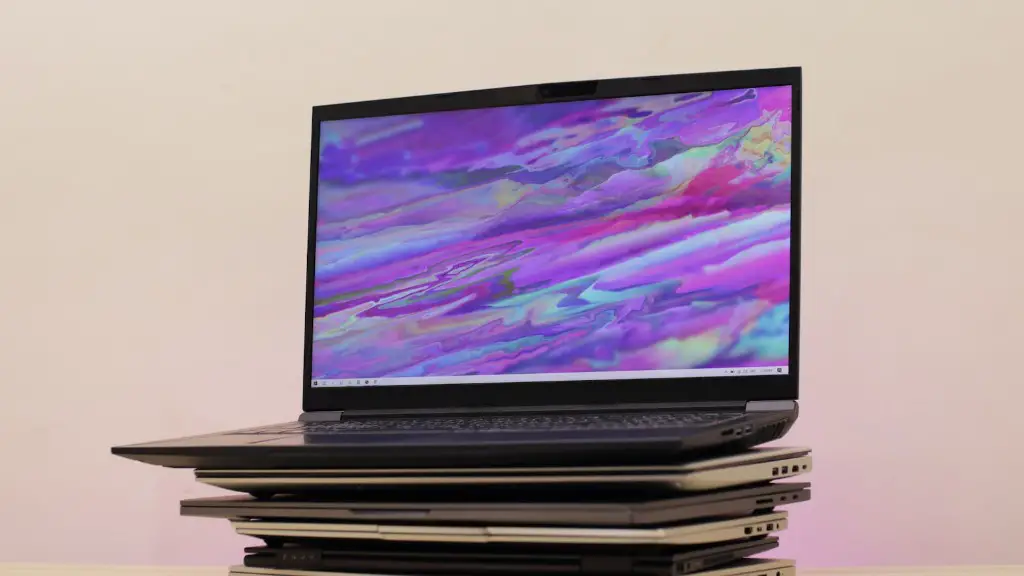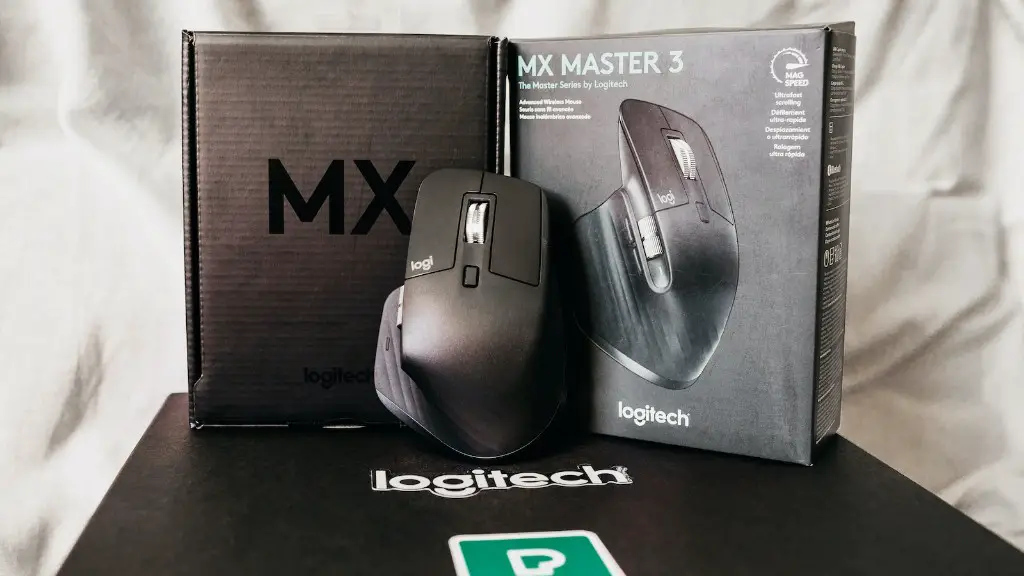Deciding on getting a gaming laptop is an important step for any serious video game enthusiast. It is an investment that needs thought and research, as getting the wrong machine can lead to lagging or a slow processor that can ruin your gaming experience. Many people put themselves in the situation where they get a laptop only to realise it doesn’t have the necessary specifications for a smooth gaming experience. This article will provide background information, provide perspectives from experts, give insight and analysis provide options to help you decide on which gaming laptop to get.
Types of laptops
The type of laptop you decide on will largely depend on what type of games you want to play, your budget and whether you want a laptop that serves more than one purpose. A budget laptop will probably not be able to handle higher-end games; alternatively, if you are a serious gamer with the budget to afford it, then the more powerful the machine, the better.
Features to consider
When looking for a gaming laptop it is important to consider a number of features. The processor in a laptop is an important aspect. Intel Core i7-8750H processors are known to offer better performance than i5 processors. Most gaming laptops come with an NVIDIA GTX 1060 or 1070 graphics card, although a few offer an RTX 2080 or 2070 GPU. You should also consider the amount of memory the laptop offers; 8GB is the minimum recommended for gaming laptops, although 16GB or more RAM is preferable. Another key feature to consider is the laptop’s display size; a 15-inch display is the most common, although some people prefer the extra inches a 17-inch display can offer.
Reviews from users
As with any product, it is important to read reviews from actual users; many websites offer information on different gaming laptop models, along with reviews from users about their experiences. It is best to read customer reviews from multiple sources, to get a more balanced view of the product. Reviews should also cover all aspects of the laptop, from performance to battery life and the overall customer experience.
Budget
When buying a gaming laptop, budget is often the biggest deciding factor. Many people go for the cheapest option, but this is not always the best. It is important to weigh up all of the specs and features you need in order to have the best gaming experience. A laptop with a good processor, graphics card and memory is likely to be more expensive, but will provide a better gaming experience in the long run. It is also important to consider the warranty for the laptop you are purchasing; a good warranty will provide peace of mind and protect you if something goes wrong.
Choosing the right laptop
Once you have decided on which gaming laptop is right for you, you should do some further research to make sure you are getting the best deal. Comparison websites are a great way to find competitive prices. Always check the return policy, in case you find the laptop is not up to your expectations after purchase. You should also familiarise yourself with common gaming laptop issues; common problems such as overheating, battery life and sound quality should be taken into consideration. Finally, remember to always read the reviews before making a purchase; they can tell you a lot about the laptop and will help you make an informed decision.
Price vs performance
Price and performance often go hand-in-hand with gaming laptops – the more you spend, the better the performance you can expect. Laptops with Intel Core i7 processors, dedicated graphics cards and 8GB RAM will provide the best gaming experience. A more expensive laptop may also offer features such as backlit keyboards, aluminium Chassis and powerful speakers, which may also be important for many gamers. Of course, everyone has different gaming needs; some may not need the very best laptop for gaming and can go for something in a lower price bracket that still offers a good gaming experience.
The key factors to consider
When choosing a gaming laptop, there are a number of things to consider. It is important to research the type of laptop you are interested in and read reviews to get an overall idea of the machine. You should consider the type of games you wish to play, your budget and whether you want the laptop to serve other purposes. Additionally, factors such as processor, graphics card, memory, display size and battery life should all be taken into account. Finally, make sure you read reviews from users and compare prices to ensure you get the best deal.
Portability and weight
When looking for a laptop, portability and weight are important features to consider. Laptops that weigh more than 4 pounds can be bulky and difficult to carry around, although desktop replacements that are used mainly for gaming can weigh over 6 pounds. Portable gaming laptops usually weigh between 2 and 3 pounds, although these are typically more expensive. It is important to consider how frequently you travel with your laptop – if you plan to use it on the move, then a lighter laptop is likely to be more suitable.
Durability
Durability is another key factor to consider when buying a gaming laptop. Many gaming laptops are made to a high standard, however things such as water spills are always a possibility. It is important to check what type of protection the laptop has and what warranties are offered. Many laptops are now made with aluminium chassis, which offers good protection and durability. If a laptop has a protective coating, it is important to check what type of protection it offers, as it can be vulnerable to damage.
Heat dissipation
Heat dissipation is another important factor to consider when buying a gaming laptop. As gaming laptops are powerful machines, they generate a lot of heat which can cause damage to the internals of the laptop. To ensure optimal performance, it is important to look for laptops that have good heat dissipation systems in place. Choose a laptop with good cooling fans and vents and avoid laptops with tight enclosures that can trap heat and lead to shortened laptop life.
Interfaces and ports
It is important to consider the ports a laptop offers; many gaming laptops have limited ports, so it is important to check that the laptop has all the ports you need. Many modern laptops come with the widest range of ports, including USB-C, HDMI and Thunderbolt 3, which support the newest and fastest peripherals. Additionally, many modern laptops have wireless interfaces, such as Bluetooth and Wi-Fi, which allow you to connect to other devices without the need for wires.



